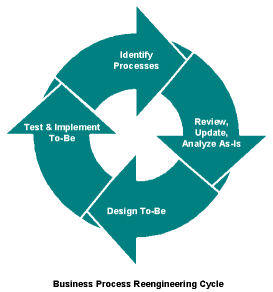Anyone in a stressful job can burn out.
And we do burn out.
What is your unique situation?
Do you know the stresses in it?
Can you take control of them before they control you?
There exist various causes of stress at work.
Some of them include:
- Difficulty obtaining information required to do your job
- Reticent or uncooperative bosses, clients, customers, co-workers and subordinates
- Canceled projects—after the work’s done
- Unreasonable or unclear deadlines
- Unwieldy tools or equipment for which you have received little or inadequate training
- Office politics
- Occupational injuries
Burnout is a situational problem.
It is not an individual failing.
Most stresses leading to burnout are caused by organizational and environmental problems.
Some stresses can be changed; others cannot.
Many unchangeable ones can be borne if there are sufficiently significant rewards. These are the ones we accept as ‘part-and-parcel‘ of the job—but only when we’re paid for tolerating them.
What we need to do is distinguish between the ones we can solve and those we have to live with.
For stresses that can be changed, take action.
The more control we have on them and the more we can set our own limits, the less likely we are to burn out.
For problems that cannot be altered, cultivate support groups.
Gather sympathetic peers, use stress-reduction techniques, and extract pleasure or meaning from some aspects of your job viz. look on the bright side.
Take up problems that can be rectified with your manager.
Phrase the problem in a non-blaming and non-threatening manner. Suggest one or more solutions. Be involved in the solutions.
Be confrontational if your manager cannot be your buffer. You have to be firm and set boundaries and insist on the information required to do your work.
Avoid judging co-workers.
Express your appreciation of them at every available opportunity.
Ask for feedback; offer to give it.
Include a healthy dose of praise with diplomatic, constructive suggestions.
Allocate time in your busy schedule for rest, relaxation, recuperation and exercise. You are not a machine and neither are your colleagues.
Enjoy the inherent joy in your work; seek not just the extrinsic rewards.
Should you leave or stay?
If none of the above works, focus on your long-term goals.
They can help you quit when the time is right, by providing a vision of a happier future.
Finally, beware of overwork and the resultant occupational injuries it can bring. Seek medical help when needed. Remember, prevention is better than cure.
(Adapted from Chapter 18: Hazards of being a Tech Writer of Janet Van Wicklen’s Tech Writer’s Survival Guide)







